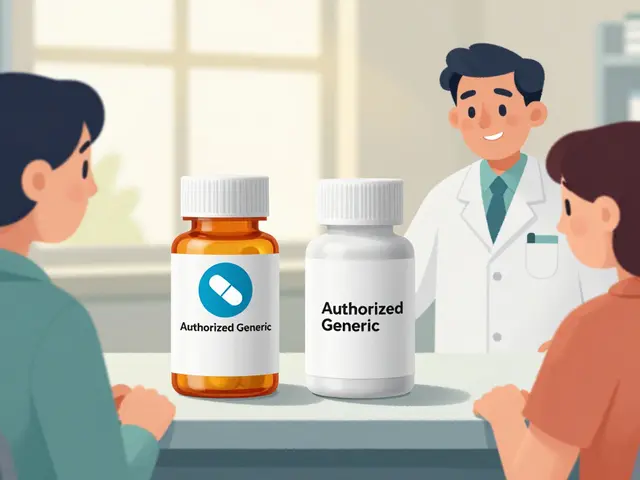Precautions for Buying Medication Online
Buying medicine online can save time and money, but it comes with real risks. A few smart checks up front keep you safe and avoid counterfeit drugs, wrong doses, or scams. Below are clear, practical precautions you can follow right now.
Simple checks before you buy
First, ask: does the site require a prescription? Legitimate pharmacies always ask for one when needed. If a site sells prescription-only drugs without asking, walk away. Next, confirm the seller’s identity—look for a physical address, a working phone number with a country code, and a visible pharmacy license. In Canada, check provincial licensing; in the U.S., look for NABP or Verified Internet Pharmacy Practice Sites seals. If those badges are missing or clickable links don’t lead to a regulator page, that’s a red flag.
Check the website’s URL and payment security. Secure sites start with https:// and show a padlock icon. Be wary of strange domain names or poor English on pages and labels—these often mean low-quality or fake operations. Compare prices: ridiculously low prices on brand-name drugs are suspicious. Also read recent customer reviews on independent sites, not just testimonials on the pharmacy’s own page.
What to do after ordering
When your package arrives, inspect it immediately. Look for sealed packaging, proper drug names, batch numbers, and expiry dates. If tablets look different (color, size, markings) than what you know, don’t take them—contact the prescriber or local pharmacy. Keep the original packaging and take photos before throwing anything away; this helps if you need to report a problem.
Manage safety at home too. Store medicines as shown on the label—some need refrigeration, others must stay dry. Keep a clear list of what you take and share it with your doctor or pharmacist to avoid dangerous interactions. If you’re pregnant, breastfeeding, a child, or have liver/kidney issues, double-check drug safety with a healthcare pro before starting anything new.
Report bad experiences. If you suspect counterfeit or dangerous meds, contact your local health regulator or pharmacy college and the online payment service you used. For adverse effects, report to your doctor and national pharmacovigilance agency—timely reporting protects others.
Final practical tips: use two-factor authentication for pharmacy accounts, keep digital copies of prescriptions, and order small quantities at first to confirm quality. If a purchase feels off at any step, trust your gut and stop. A few cautious moves protect your health and your wallet when buying meds online.

Tizanidine and Liver Function: What You Need to Know
As a blogger, I recently came across some important information about Tizanidine and its effects on liver function that I wanted to share with my readers. Tizanidine is a muscle relaxant often prescribed for muscle spasms and tightness, but it's crucial to be aware of how it can affect our liver. Some studies have shown that Tizanidine can cause elevated liver enzymes, which may lead to liver damage in rare cases. It's essential for those taking this medication to have regular liver function tests and communicate any concerns with their healthcare provider. Stay informed and prioritize your health, folks!
view more




